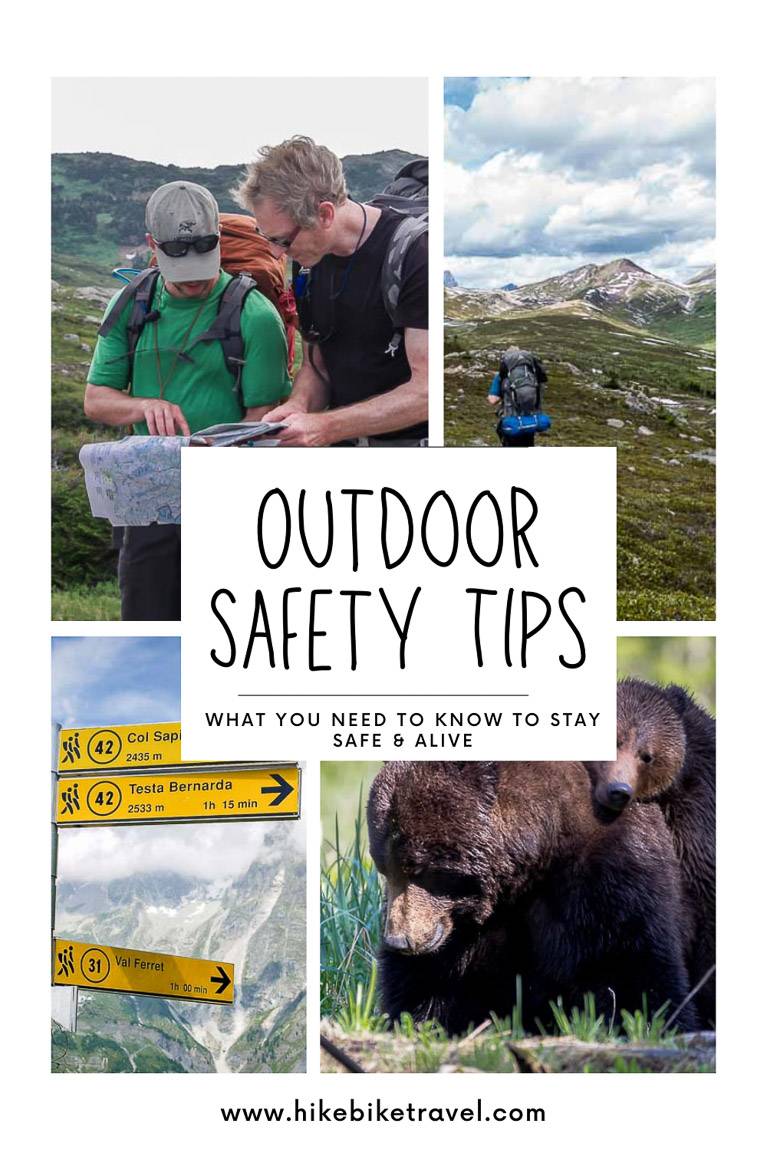Every so often we hear grim news stories about outdoor adventures gone badly wrong – and they’re not just happening on big mountains or on gnarly ocean waters. North Vancouver is a great example and a place where the dedicated Search and Rescue volunteers are kept busy looking for or attending to people in the north shore mountains. Every year people head out, ill prepared, poorly dressed, and/or under equipped and get lost or somehow get themselves into a life threatening predicament. Learn some basic outdoor safety tips, so you can have fun, be safe and stay alive on any outdoor adventure you do.
Of course sometimes you get lucky and the adventure just forms the basis of a good story. And yes, I’ve got my fair share of adventure stories. Fortunately I’ve learned from them too.
Have you heard of Aron Ralston? – the fellow whose only option in the end was to cut off his arm. He might never have had to resort to that if he had done one simple thing – left an itinerary of where he was going and when he expected to be back. It could have been worse. He could have died.
The best thing all of us can do when planning an outdoor adventure is to go prepared for the unexpected, with the necessary tools – both mental and physical. When it comes to outdoor adventures, it’s great to have fun but most of all you want to stay safe and arrive home alive.
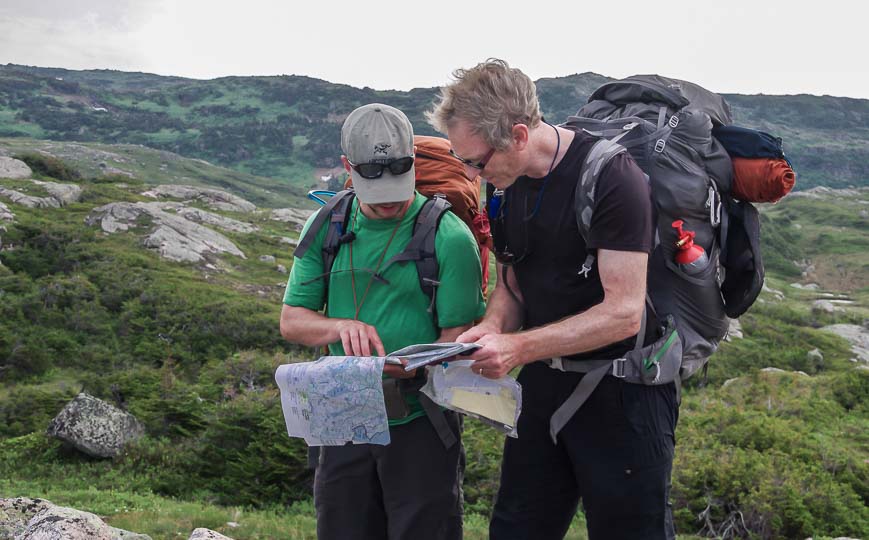
Check out these 8 outdoor safety tips and stay alive
Group dynamics matter on outdoor adventures
How well do you know your group? Is there a natural leader? How skilled are the group members? How are you going to make decisions if something goes wrong? Do you share the same goals?
These are all questions to think about before you commit to any outdoor adventures – especially one of any length or one where you’re heading to a remote setting. It’s a really good idea to spend time beforehand with your group to see if it’s a fit.

Are you prepared for a change in weather on your outdoor adventures?
We obviously have no control over the weather but we can usually get a weather forecast and then make an educated decision. Forecasters screw up a lot. But if there’s a big storm approaching, chances are they’re all over it and you’re going to get hit with some sort of weather event.
Should you be heading out? It depends. If there’s lightening in the forecast, then boating and climbing high mountain peaks are poor choices. If snow is in the forecast and you’re wearing cotton and heading for the hills, then you’re putting yourself at risk for hypothermia. Use some common sense.
Weather can change without warning. Are you prepared to turn back?
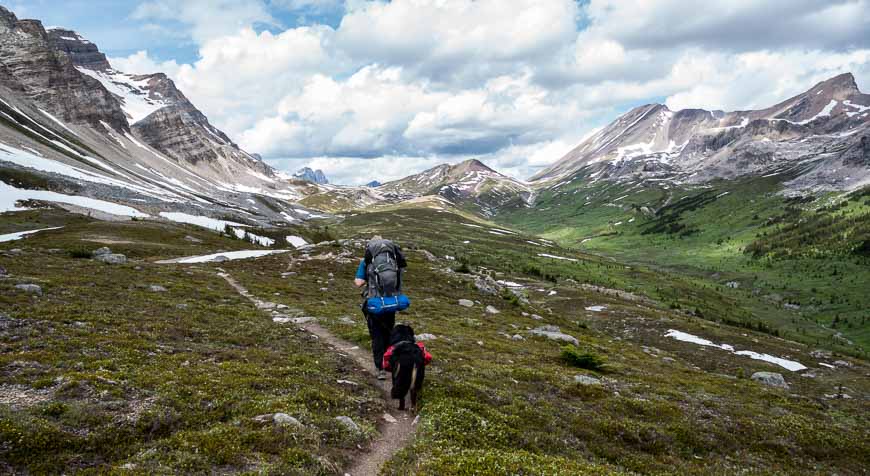
Acts of God – the stuff you can never predict
While hiking the Tour du Mont Blanc the heavens opened for hours and many of the steep hillsides became unstable – in fact, debris flows occurred. This one was severe enough that we had to retrace our steps and stay in a hostel instead of our planned hotel, just an hour away on the other side of the slide.
We were lucky we weren’t caught in this – but we were smart enough that we didn’t try to get to the other side .
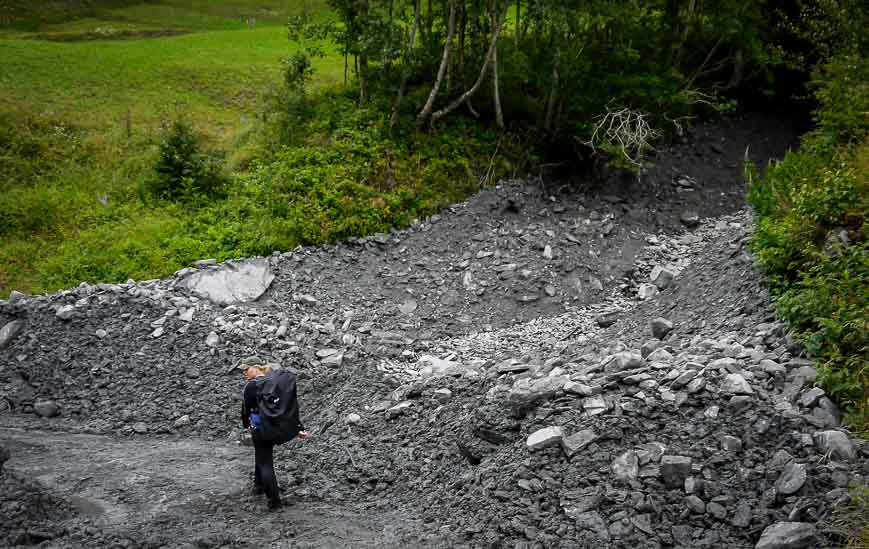
Outdoor safety means knowing what to do if you encounter wildlife
Bears are one of the biggest barriers to outdoor adventures for so many and by far the number one concern voiced by people I have met all over the world. I have friends and family who won’t venture into the hills, even with a group because of bears. Did you know there has never been a bear attack with a group of four or more?
But bears aren’t the only issue. There are mountain lions, snakes, scorpions and biting insects – almost enough to keep you inside forever. Educate yourself about these animals and the chance of having an unfortunate encounter are greatly reduced.
Before you head out you, read my blog: Tips on Staying Safe in Bear Country
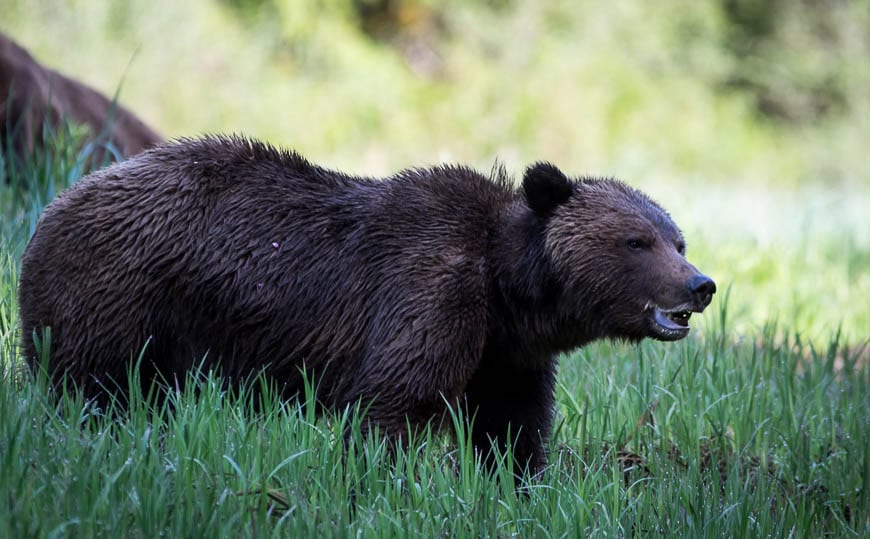
Is someone in your group skilled at route finding?
Get yourself a compass and a GPS and know how to use both devices. For those of you only carrying a GPS or phone, ensure you have extra batteries or a recharger. An old fashioned detailed paper map is still a very useful item to have with you – and one I don’t plan on giving up anytime soon.
Route finding on land or on a lake can be very challenging especially when the visibility is compromised. Not all trails are nearly as well marked as the tour du Mont Blanc and that’s where map reading skills come in handy.
If you’re uncomfortable with navigation, take a course or join a group where someone is knowledgeable – and learn from them.
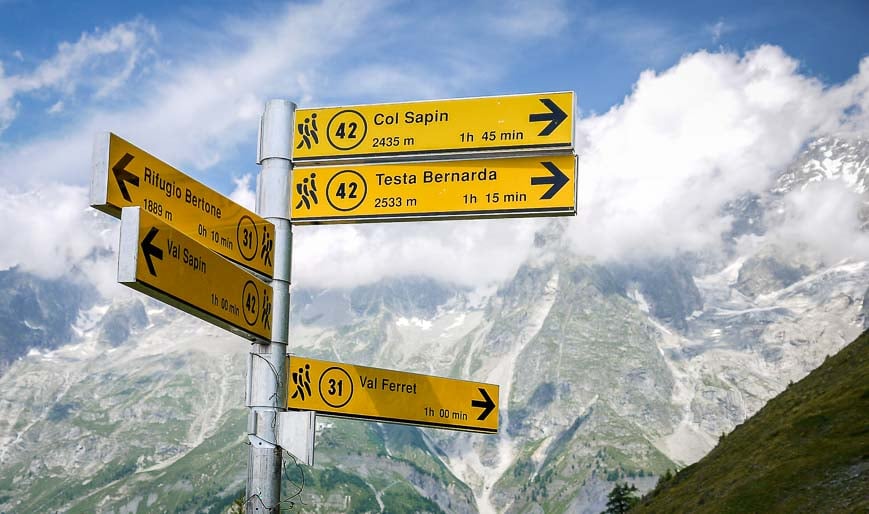
Are you prepared if an accident happens?
Everyone should have a first aid kit if they’re heading out on an adventure. It should be more substantial the longer you’re planning to be gone and the further you are away from help.
Take courses so you know what to do in an emergency – and you know how to act. It could save your life or someone else.
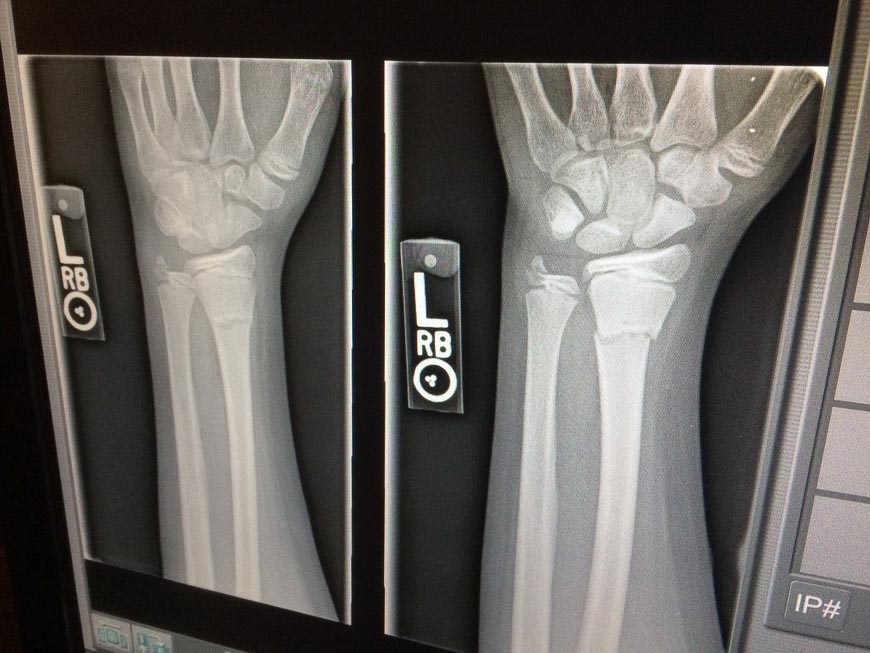
People can get sick while on outdoor adventures
If you have diabetes, asthma or you’re prone to seizures, then chances are you need drugs. Ensure you have extra supplies. And divulge your condition to the group you’re traveling with. Tell them what they need to do in the case of an emergency.
Learn how to use and take care of your equipment
Before you head off on an adventure test all of your equipment. Practice putting your brand new tent up at home – and not under adverse conditions.
Does your stove work? Do you have spare parts? Carrying simple things, like a basket for a ski pole can make a huge difference on an outing. Go easy on your equipment. Keep it in good working condition.
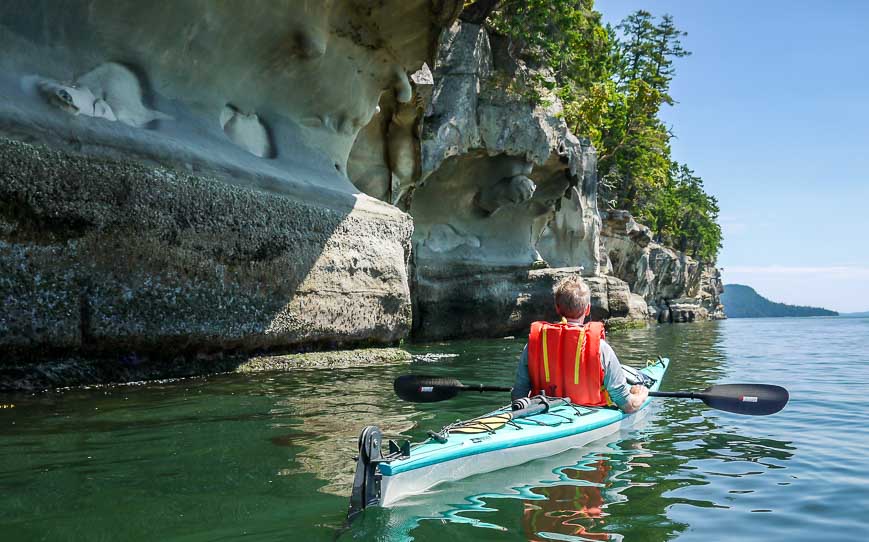
Before you leave home
Don’t forget to carry the 10 Essentials with you on every outdoor adventure – a map, compass or GPS, a flashlight or headlamp with spare batteries and bulb, a one day supply of extra food, sunglasses, a pocket knife – with two folding blades, a screwdriver, bottle opener, can opener, scissors and awl, fire starters – buy the paste or even a candle, matches, extra clothing and a first aid kit.
I also bring water and some way to purifying it, sunscreen, a bivy sac – even a green garbage bag is great, and insect repellent.
Click on the photo to bookmark to your Pinterest board.
